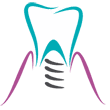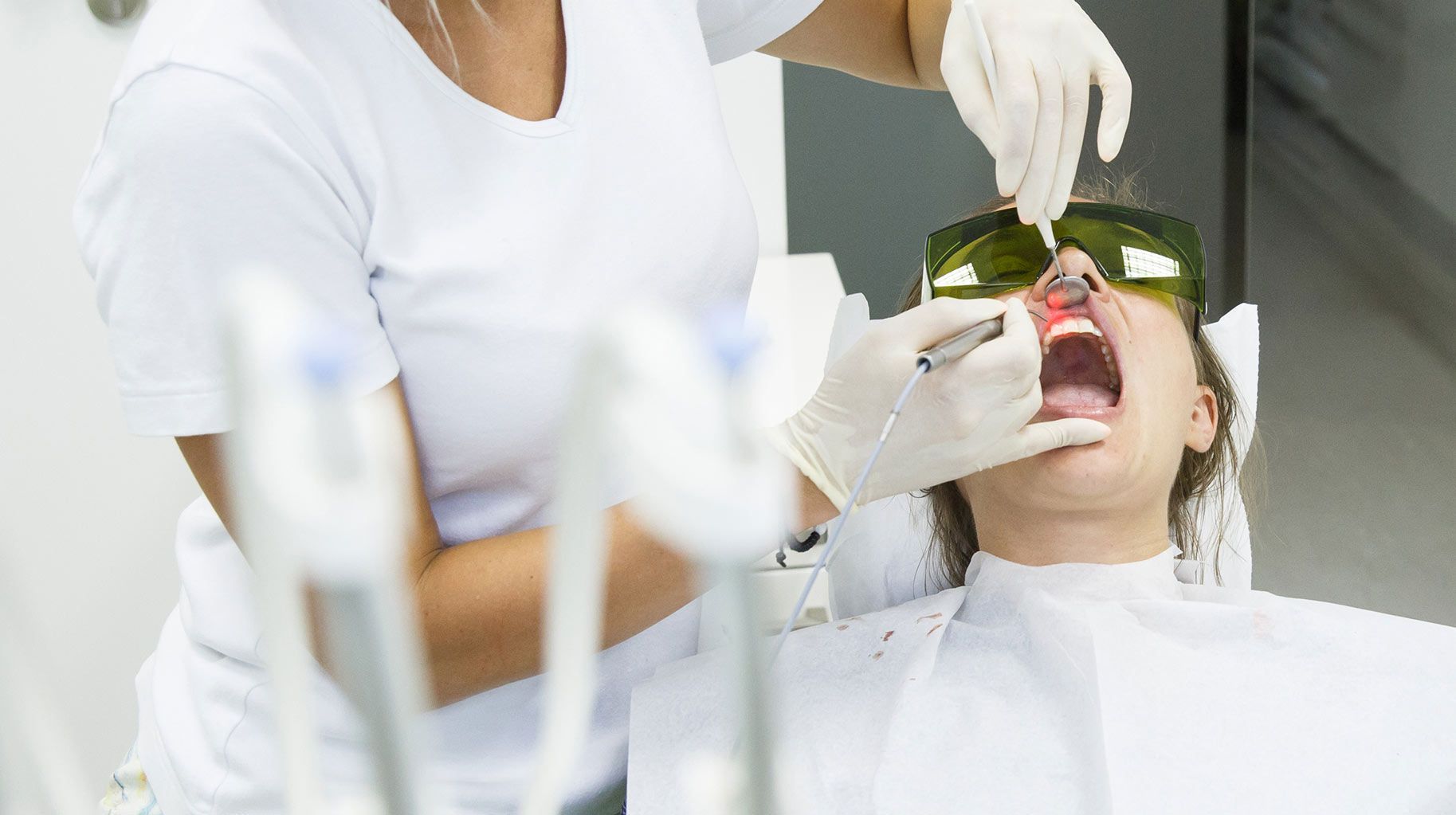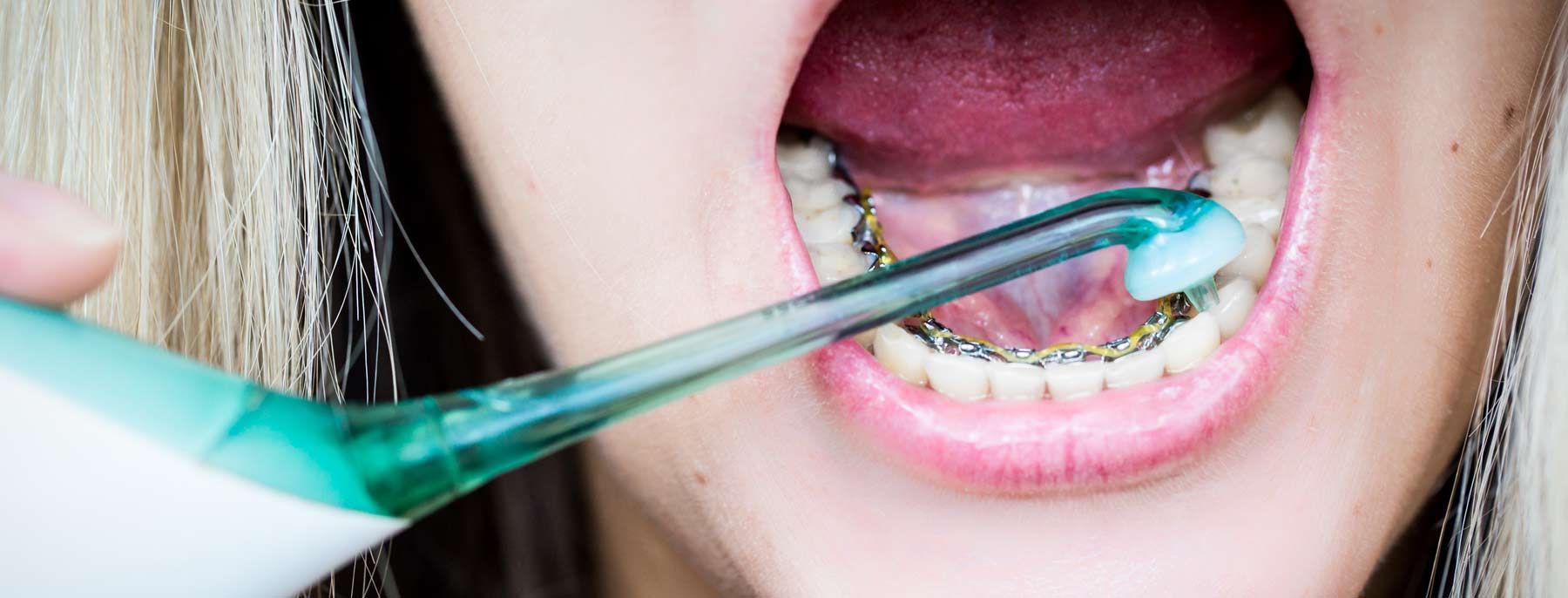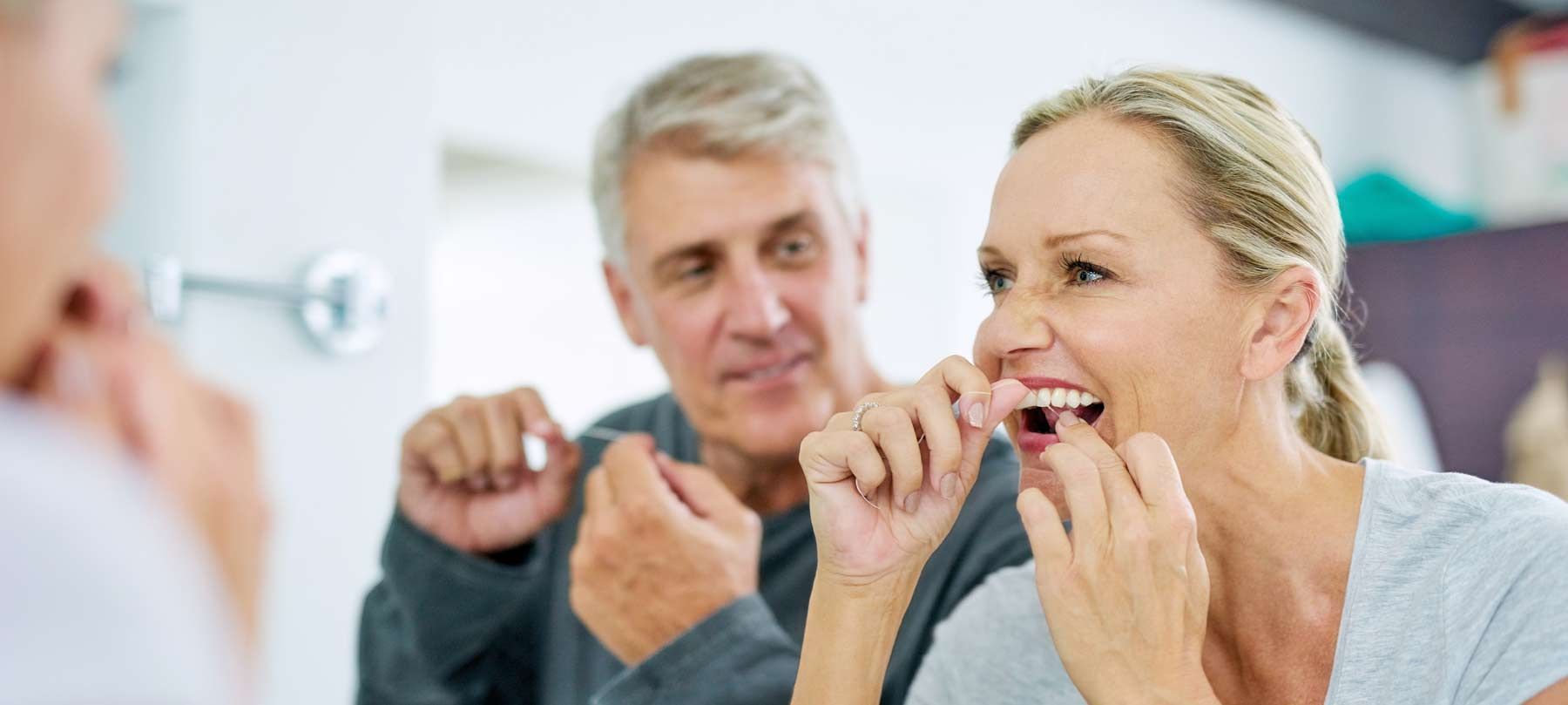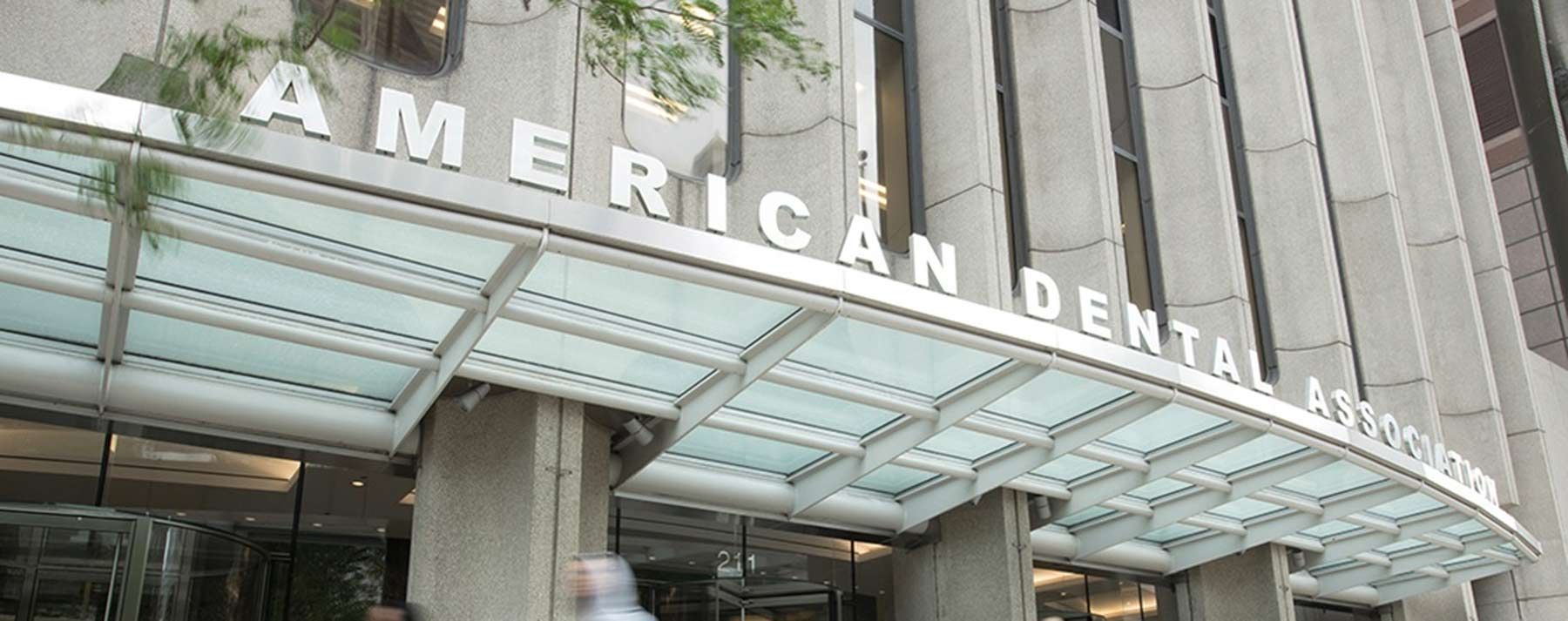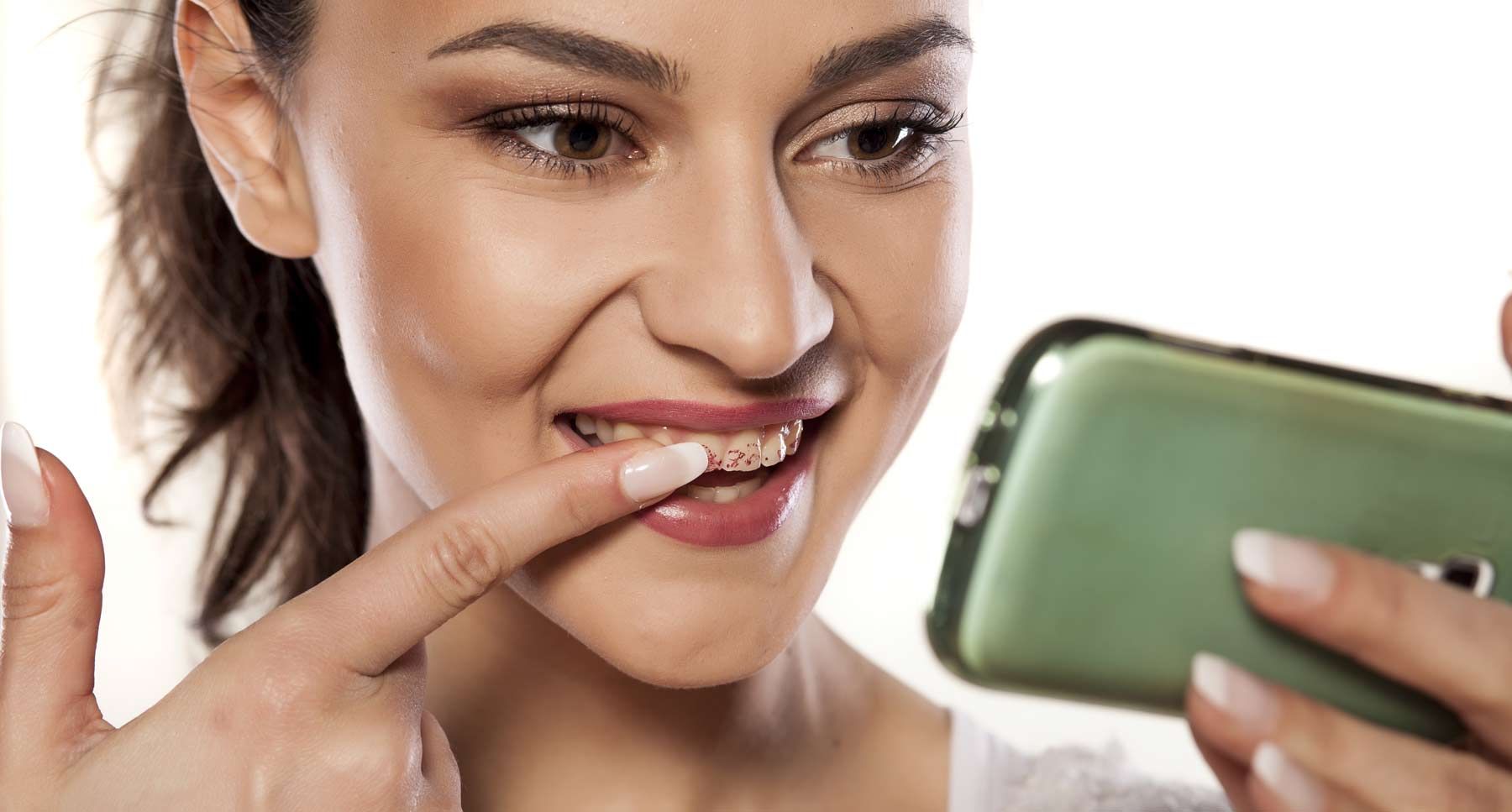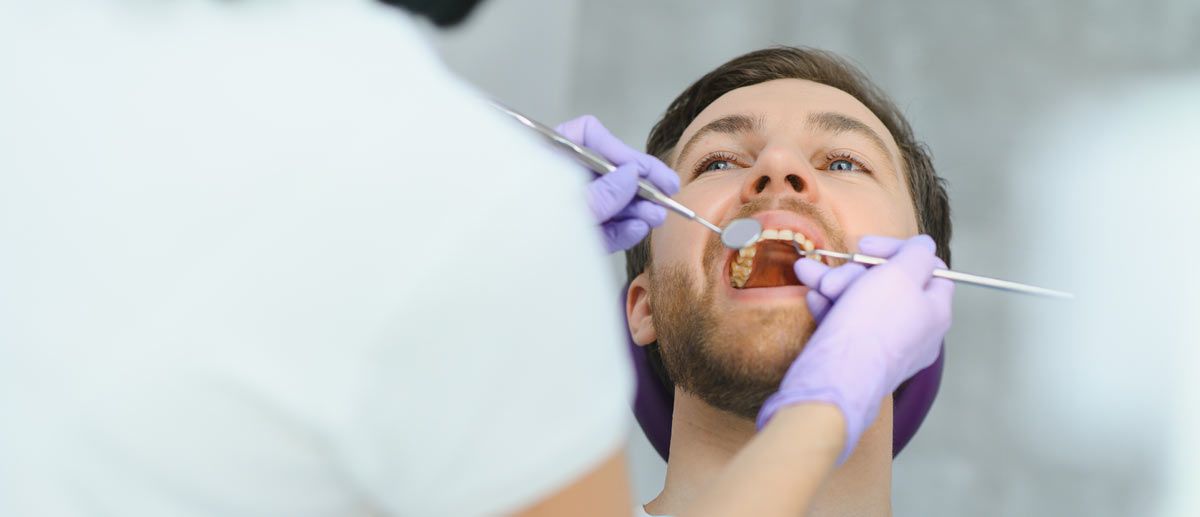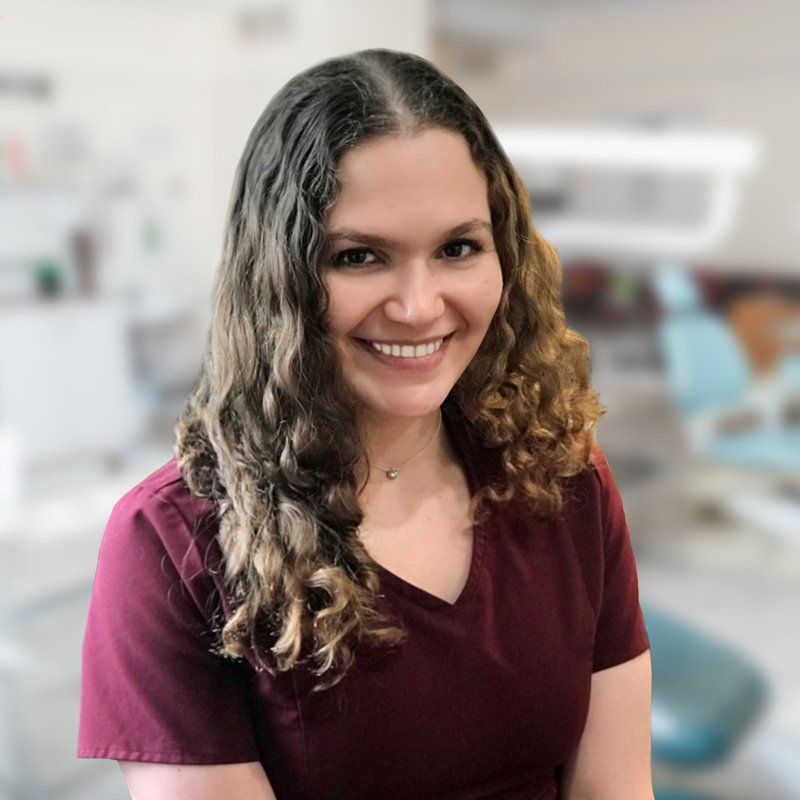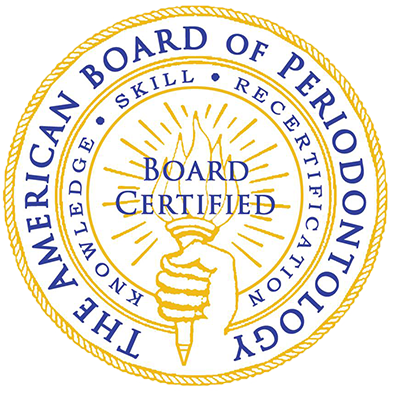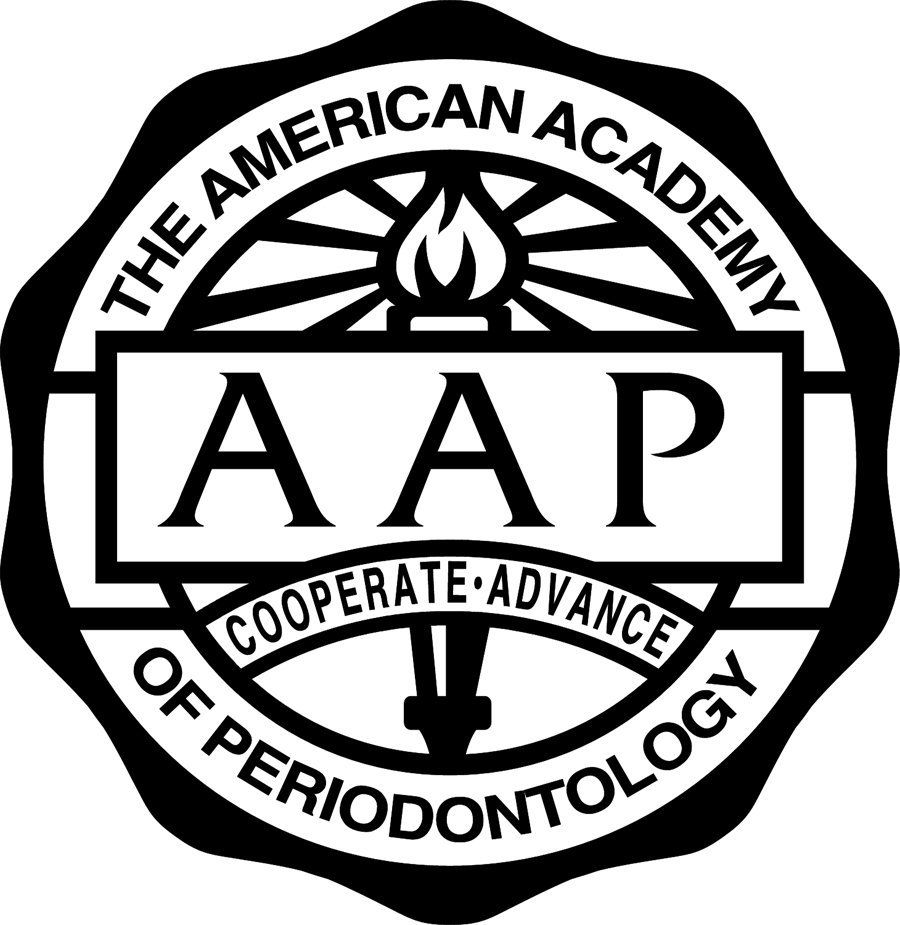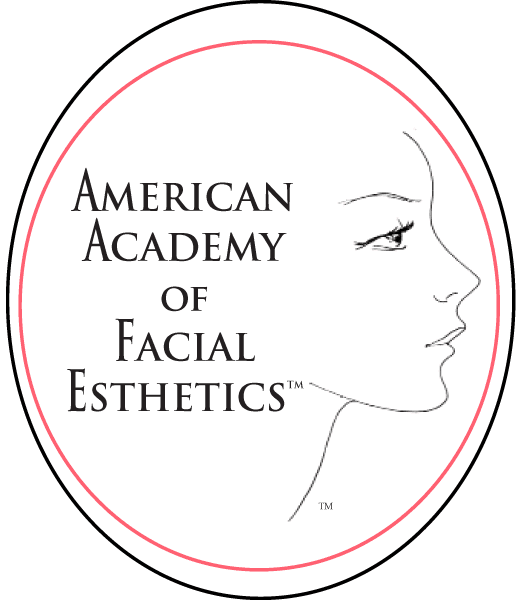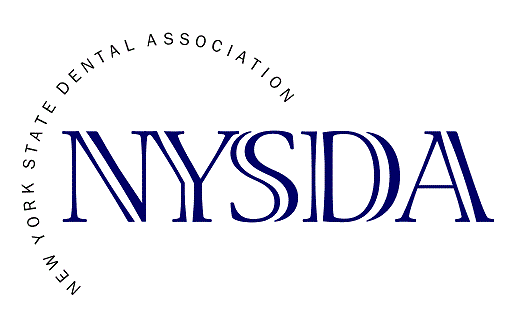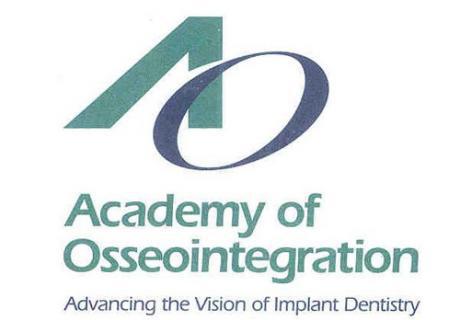Mouthwash Health Benefits
Oral Health Benefits of Mouthwash and How It Works from Dr. Stephanie Sfiroudis, Leading Nassau County Periodontist
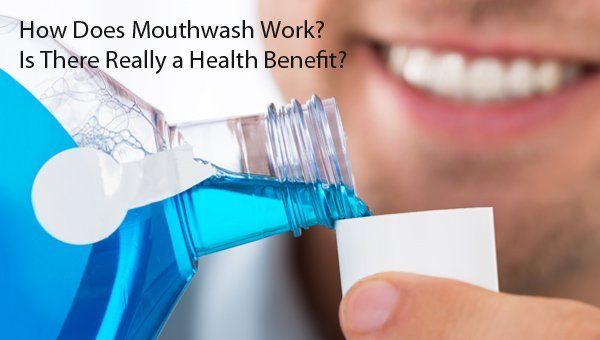
Mouthwash is great for freshening your breath in an instant or even perhaps to rinse debris and food particles from your mouth after a meal. Mouthwashes range in type from mint to cinnamon to cavity protection to germ fighting to plaque control and more, but when it comes to incorporating mouthwash into your daily oral hygiene routine, you might wonder if it's really worth it. As it turns out, mouthwash does provide a load of health benefits that makes it great for your overall oral health.
What is Mouthwash?
Mouthwash is a liquid that can be used as a rinse after or before brushing your teeth as well as in between meals. The most common use of mouthwash is for aesthetic purposes or to sweeten or freshen the breath, however, it is also available to help manage and prevent plaque and
gum disease .
Why Mouthwash?
The main goal or function of mouthwash is to freshen the breath; however, many types of mouthwash also provide added germ fighting and enamel protection benefits to further enhance your oral health.
The Health Benefits of Mouthwash
Mouthwash is effective in the fight against
gingivitis and tooth decay, and it promotes healthy teeth and gums. Some complete benefits of mouthwash include:
- Kills odor causing bacteria - The most obvious benefit of mouthwash is that it temporarily reduces bacteria commonly associated with causing bad breath, leaving you with sweet, fresh breath.
- Removes food particles - Mouthwash can be used before or after brushing to remove loose particles, which can lead to plaque. It also enhances your flossing and brushing efforts.
- Helps prevent plaque build-up - Various mouthwashes help prevent plaque build-up on the surface of the teeth as well as in between the teeth and gums. However, it cannot remove existing plaque, so be sure to floss and brush your teeth regularly to prevent plaque from becoming a major issue.
- Helps prevent cavities - Mouthwash used before and after flossing and brushing can reduce the risk of forming cavities. Mouthwashes that contain fluoride can strengthen the enamel and prevent cavities. Not all mouthwashes contain fluoride, so be sure to select one that contains fluoride for maximum results.
Types of Mouthwash
There are many types of mouthwash to choose from. The most common include:
- Basic breath freshening mouthwash - Basic mouthwash provides breath freshening power and is available in a variety of flavors including mint, cinnamon and more.
- Fluoride rinses - Not to be confused with mouthwash, a fluoride rinse helps prevent tooth decay by hardening the surface of the teeth so that it is less prone to tooth decay. A fluoride rinse differs from mouthwash with fluoride in that it contains a higher concentration of fluoride. When selecting a fluoride rinse, be sure it is labeled as a fluoride rinse or anti-cavity rinse for maximum benefits.
- Anti-cavity mouthwash - Contains fluoride, which helps fight tooth decay by making enamel tooth surfaces more resistant to plaque.
- Antibacterial mouthwash - Antibacterial mouthwash destroys bacteria or hinders their production. An antibacterial mouthwash also decreases the production of the sulfur compound that causes bad breath.
- Antiseptic mouthwash - An antiseptic mouthwash hinders the production and reproduction of many microorganisms, bacteria, fungi, protozoa and viruses.
- Anti-gingivitis mouthwash - Plaque, which is made up of bacteria from germs in the mouth, is the culprit of gingivitis. A good gingivitis-fighting mouthwash contains superior antibacterial properties that destroy bacteria on contact and decrease the amount of plaque in your mouth for up to 12 hours, effectively eliminating germs from deteriorating your oral health. Look for an anti-gingivitis mouthwash that fights plaque and gingivitis and that has the American Dental Seal of Acceptance.
- Plaque control mouthwash - Although flossing and brushing are key components of removing plaque; our efforts may not be as good they should. Anti-plaque mouthwash can boost your dental care by destroying potentially harmful bacteria that are left behind.
- Teeth-whitening mouthwash - Whitening mouthwash dissolves surface stains using hydrogen peroxide and mild acids such as citric acids and phosphoric acids. Some also prevent the formation of new enamel stains by using some type of pyrophosphate to prevent stains from adhering to the teeth. Some ingredients in whitening mouthwash can cause teeth sensitivity in some individuals, so it is strongly suggested that you use these products only upon the recommendation of your dentist.
What Mouthwash Doesn't Do
Though mouthwash provides a load of benefits, it is not meant to replace your daily recommended twice-a-day brushing and flossing oral care. When combined with good daily oral hygiene habits, mouthwash can prolong your fresh breath and aid in the overall health of your mouth.
Please
contact Dr. Stephanie Sfiroudis for a free consultation regarding any questions or concerns about your periodontal health.
